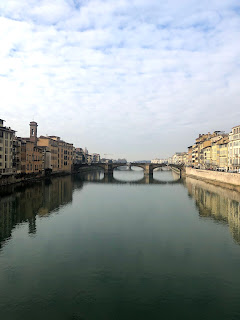In the optimal commons problem there are two extremes of a spectrum we must balance to ensure long term productivity and maintain natural goods indefinitely. With increased regulation, we lose efficiency and decrease output in exchange for sustainable practices. The opposite is true with deregulation, granting higher returns but also risking permanent damage to common goods.
In the article "Who Needs Formal Regulations to Manage the Commons?", Casari offers an alternative to introducing formal regulation with the example of rural communities in Northern Italy. One of the reasons increased regulation reduces efficiency is due to the inherent costs of implementing formal institutions. These institutions require money to run and enforce; the burden of paying these costs are carried by society as a whole, the taxpayer for example.
In the example given by Casari, a rural community utilized charters to formally outline land rights and what was expected of locals in their community. These rights were permits that gave the individuals permission to hunt for game or harvest lumber in their designated space. Because of the relatively small population, individuals interacted with each other for a long term and were able to recognize the stock of their resources. It was easy to determine if an individual had taken more than his share or overstepped the bounds of his rights. Additionally, individuals were incentivized to not over-harvest their land because it would lead to long term damage of their commons, ergo this system incentivizes sustainable practices through the use of informal institutions.
This system becomes broken when the community grows too large for individuals to identify when another has overstepped their bounds. To amend this flaw, Casari introduces the concept of partitioning. Partitioning is the movement along the spectrum towards greater regulation - but the duty of monitoring is placed on small groups within the community. If land rights are given to a portion of the community; the members within it will be better able to regulate one another and costs will be lower than if each individual is given a space of land.
 We saw this system in practice in Cavalese. The town and its outlying communities elect regulanos to represent each region and these regulanos elect one amongst themselves to become the scario (i.e. the presidente). These individuals assist in regulating and maintaining the appropriate amounts of production and resource consumption in their regions.
We saw this system in practice in Cavalese. The town and its outlying communities elect regulanos to represent each region and these regulanos elect one amongst themselves to become the scario (i.e. the presidente). These individuals assist in regulating and maintaining the appropriate amounts of production and resource consumption in their regions.Enjoy some photos of Cavalese and Florence!







No comments:
Post a Comment